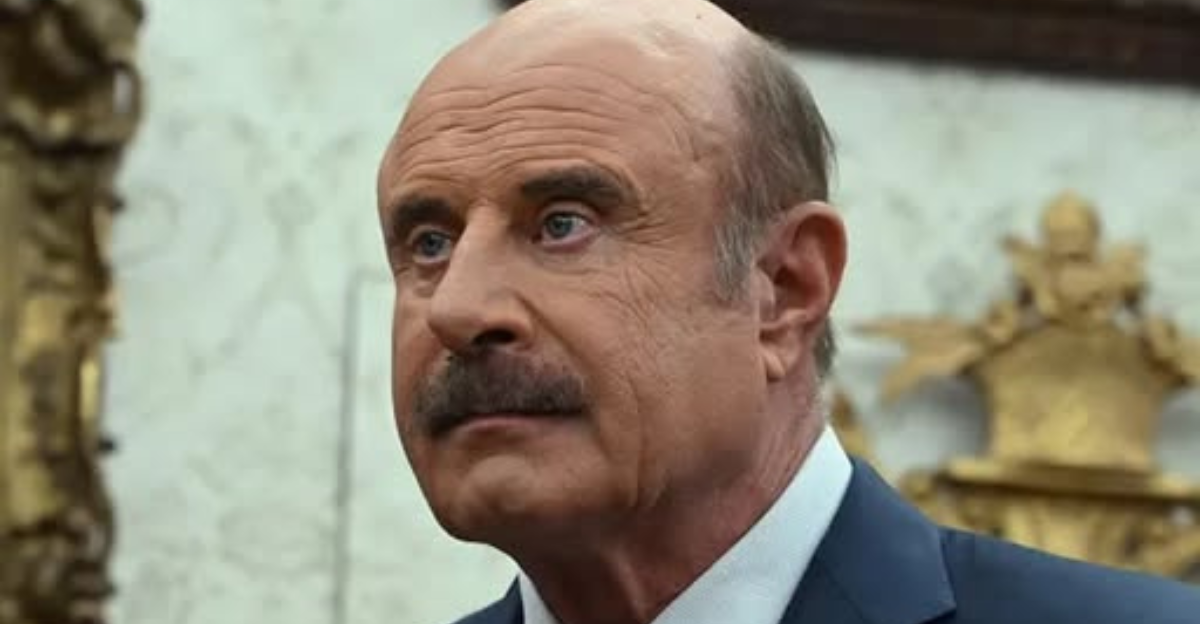
It launched with all the flash of a media empire in the making. A brand new TV network, a friendly and familiar face. Big message and even bigger money behind it. For a while, it looked like Dr. Phil had pulled it off: something fresh, something bold, something made to stir the pot.
But behind the glossy promos and tightly edited segments, things were quietly falling apart. Contracts started cracking. Staff went quiet. And then one day (in July 2025), a filing hit the court. Bankruptcy. Chapter 11. One hundred million dollars in dispute. And just like that, Merit Street Media unraveled in full public view.
Background
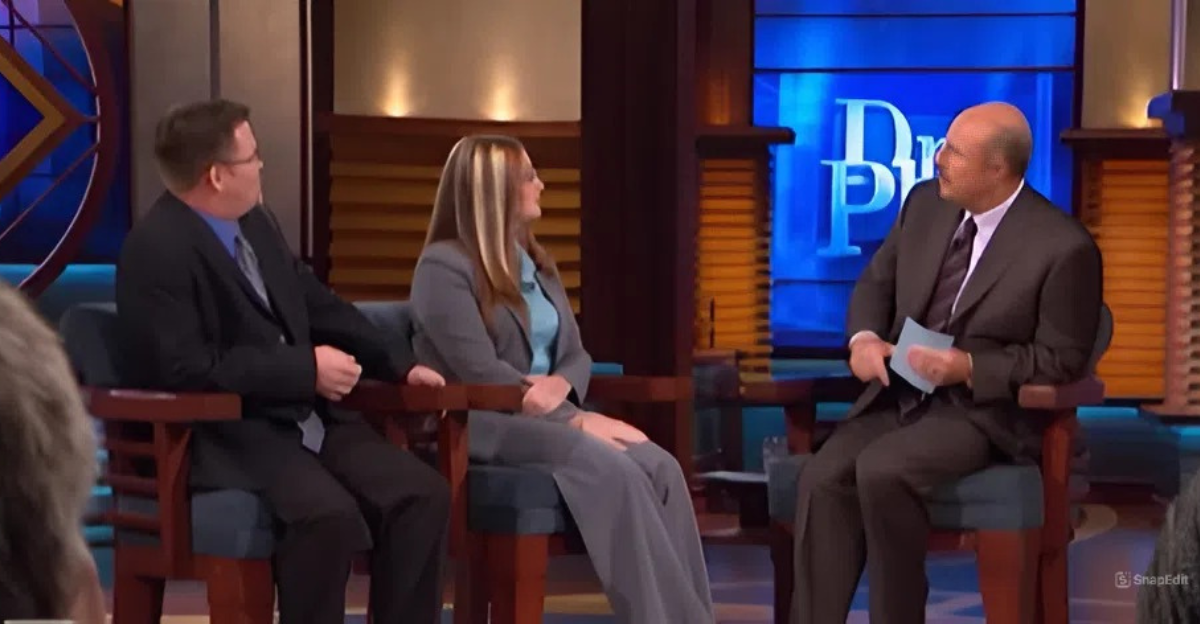
Merit Street Media wasn’t some scrappy startup. It had star power, serious funding, and a mission that felt tailor-made for a culture war. Dr. Phil positioned the network as a voice for Americans tired of what he called “agenda-driven media.” The lineup promised strong opinions, family values, and a hard push against cancel culture. Shows were anchored by familiar faces, including Dr. Phil himself, who made his return to primetime with a nightly slot. The goal was to disrupt, challenge the norm, and dominate. But bold visions don’t always mean smooth execution. We’d all be legends by now if that were the case.
The Partnership with Trinity Broadcasting Network (TBN)
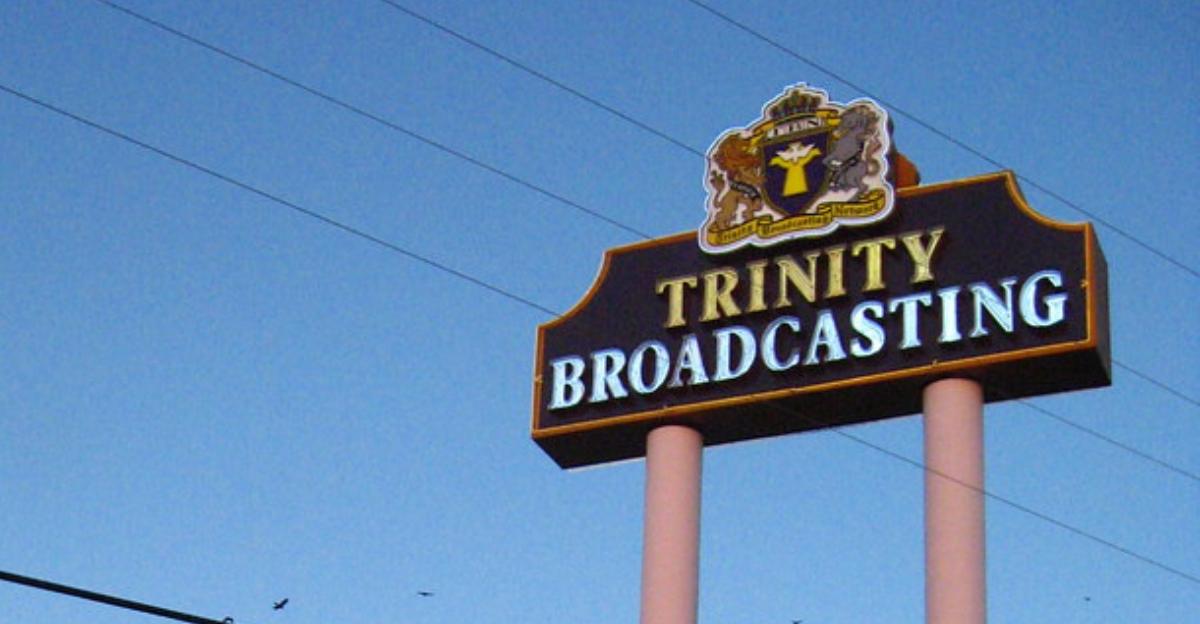
It was never supposed to fall apart like this. TBN had the platform, it had the reach, the funding, the infrastructure. Peteski Productions had the face, the fire, the content. On paper, it looked like the kind of pairing that could move mountains. But paper doesn’t sweat when deadlines slip or phones go unanswered.
Somewhere along the line, the trust just stopped showing up. Peteski waited for support that never arrived. TBN, depending on who you ask, either pulled back quietly or never showed up fully in the first place. What started as a handshake turned into tension. Then silence. Then lawyers.
Operational Challenges and Financial Struggles
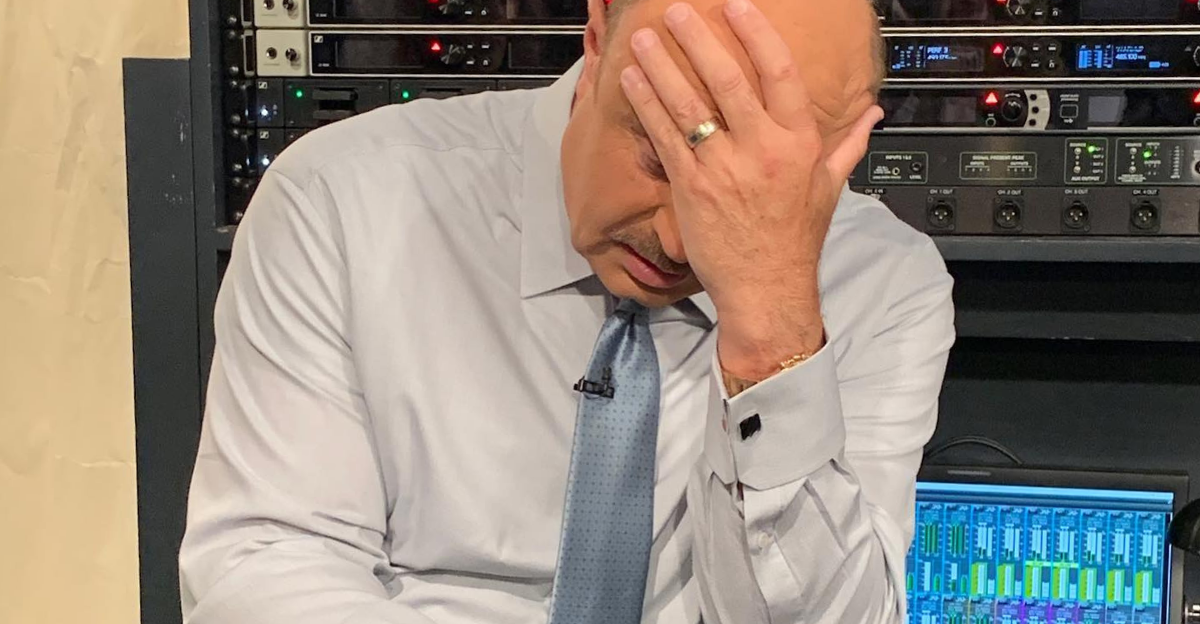
No one says it out loud at first. They just notice things like the emails slowing down and checks taking longer. Merit Street was unraveling in real time, and everyone inside could feel it. Sure, the promos kept airing, but behind the scenes, the crew was patching holes with hope and duct tape. People got laid off. Others stayed, unsure if they’d get paid. Editors juggled broken gear while producers chased answers that never came. The big expansion vanished quietly And the feeling in the building changed from ambition to survival.
The $100 Million Dispute: Allegations Against TBN

This is where things get nasty. Merit Street didn’t just run out of money, they say they were sabotaged. In a fiery lawsuit, the network accused TBN of holding back millions in promised payments, gutting the operation from within.
According to court filings, TBN failed to deliver on distribution deals and also left critical infrastructure unfinished. They were bad partners and so much more: they were the reason why it all collapsed according to Merit Street. The lawsuit points to broken promises, deliberate stalling, and a pattern of behavior that all but guaranteed failure. The damages? A clean hundred million dollars. And counting.
Technical and Production Failures
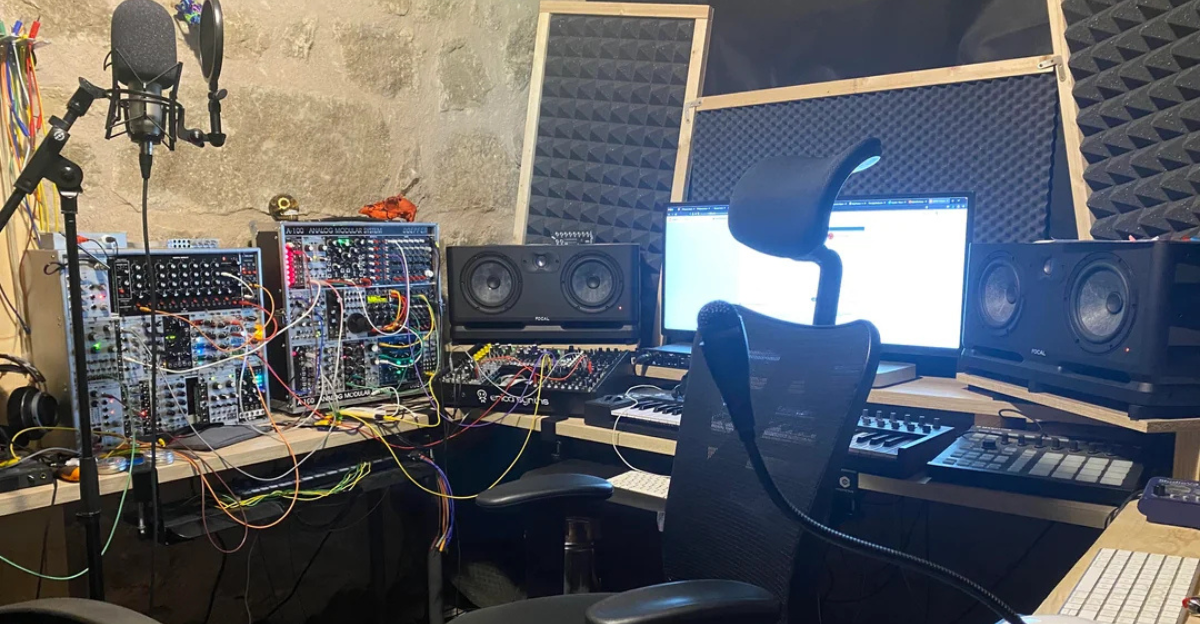
If the money problems weren’t enough, the tech breakdown was the final nail in the coffin. According to the lawsuit, the studio setup was a mess from day one. Teleprompters glitched mid-broadcast. The editing software kept crashing. Control rooms weren’t even fully built. It was just all shades of messy.
Most segments aired late while others didn’t even air at all. Guests complained. And pretty soon, the big, glossy vision of a smooth, high-budget operation was completely out of reach. These weren’t minor hiccups, they were red flags. And they turned daily production into a game of survival.
Impact on Programming and Staff

You could feel it before you could see it. There were noticeably fewer people in the makeup chairs. The lights that didn’t come back on. Segments that once ran live were now replaced with reruns or nothing at all.
Dr. Phil Primetime slipped off the schedule without explanation. Sets looked stripped down, almost temporary, like they were being packed up mid-shoot.
The silence was the only loud noise in the halls. Producers stopped decorating their desks. Editors started taking their laptops home. No one said “we’re shutting down,” but everyone felt it. Some bailed. Others waited it out, hoping someone would say it was just a phase. They never did.
Legal Proceedings and Bankruptcy Filing

There were no press conferences or grand announcements. What followed was just a quiet document filed in a Texas courtroom and the weight of what it meant. Chapter 11. Bankruptcy.
Merit Street was officially in survival mode. And right beside the filing came a lawsuit. Pages and pages accusing TBN of broken promises, withheld support, and letting the whole thing burn. Peteski Productions isn’t pretending it’s fine anymore. They’re trying to pull something out of the rubble. Whether that’s redemption or just closure? No one close to it seems sure.
Challenges for New Cable Networks

Starting a cable network in 2024 felt like swimming against a rip current. Audiences have been ditching traditional TV for years, chasing content that’s on-demand and always a click away. Attention spans are practically vapor. So trying to build something new on old foundations wasn’t more than just bold. It was asking for a fight.
Networks now need more than star power. They need tech agility, constant content, and a crystal-clear brand. Merit Street had none of that. It entered a brutal media landscape thinking bold opinions could carry the weight. But the reality? Without airtight operations and digital reach, even the biggest names can crash. Hard and fast.
Conclusion
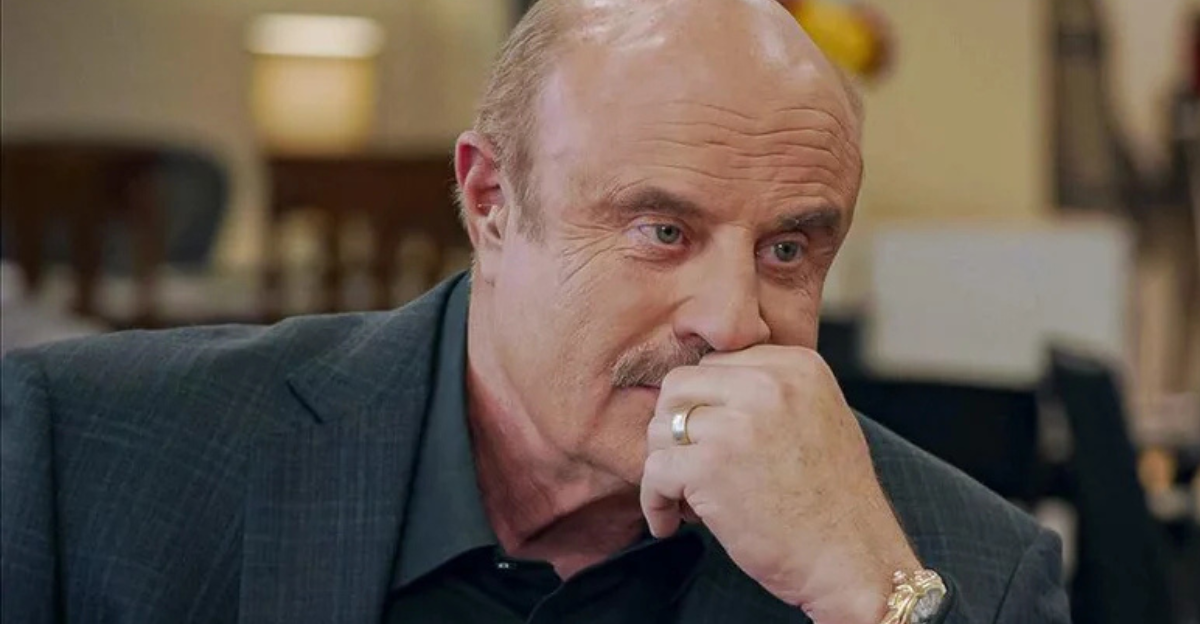
So where does it all go from here? Dr. Phil hasn’t walked away. At least not yet. He’s still pushing back, still fighting the legal battle, still insisting Merit Street can be saved. But rebuilding won’t be easy. The brand is bruised. The money’s tight. And trust is in short supply.
This saga is a warning. In today’s media world, even fame and fortune can’t outpace dysfunction. Vision without structure collapses. Partnerships without trust implode. And audiences don’t wait around. If there’s a next chapter, it’ll need more than talk to survive.
